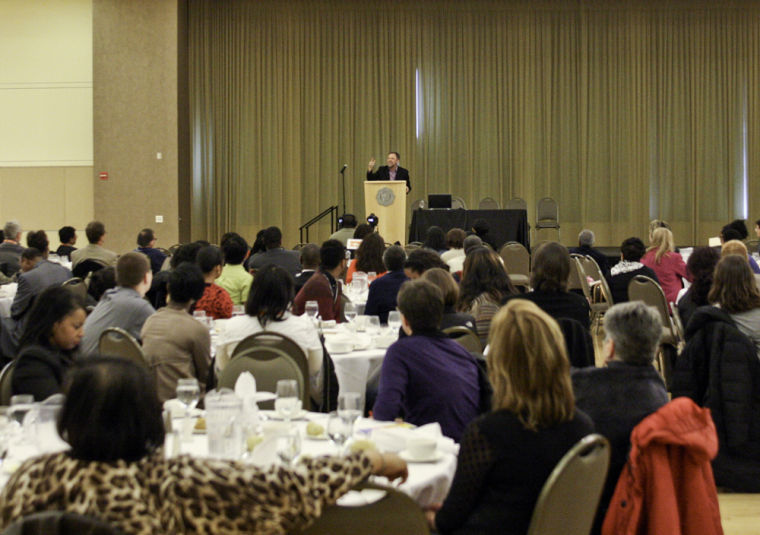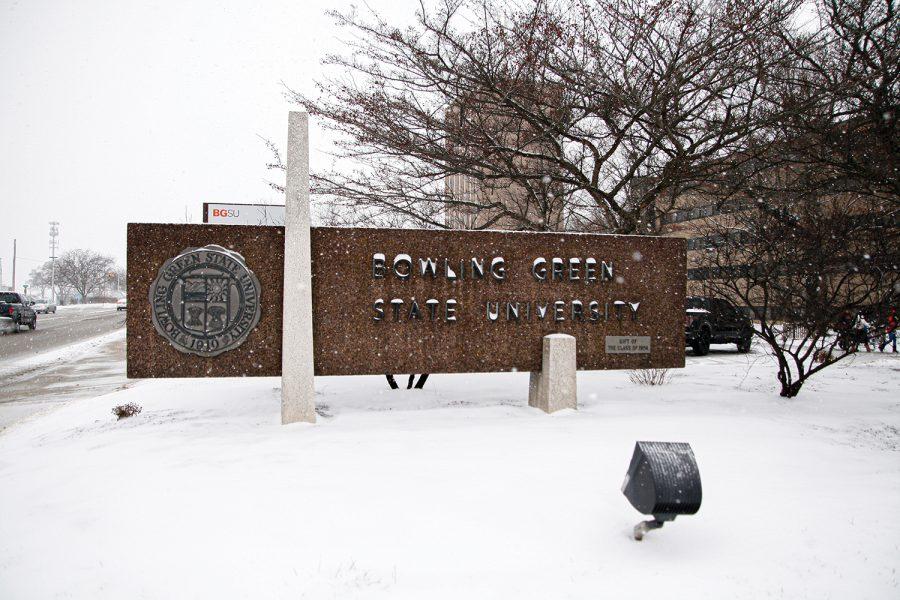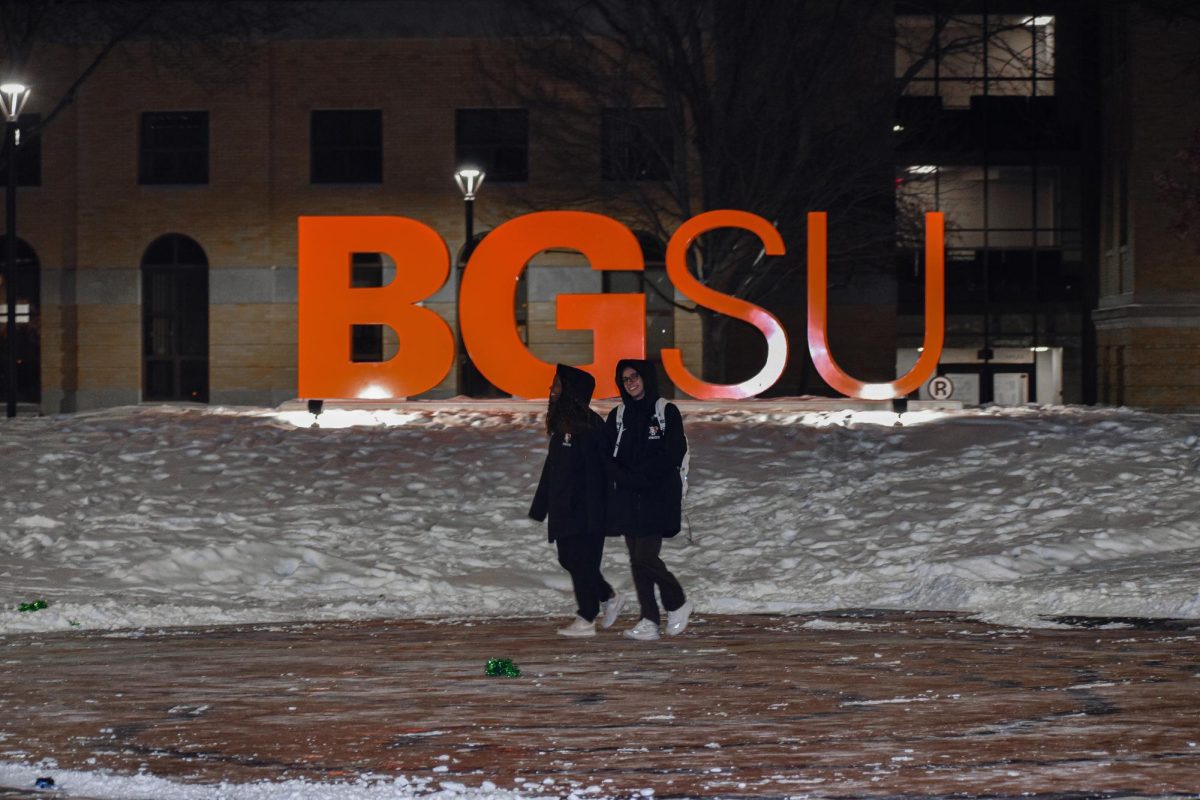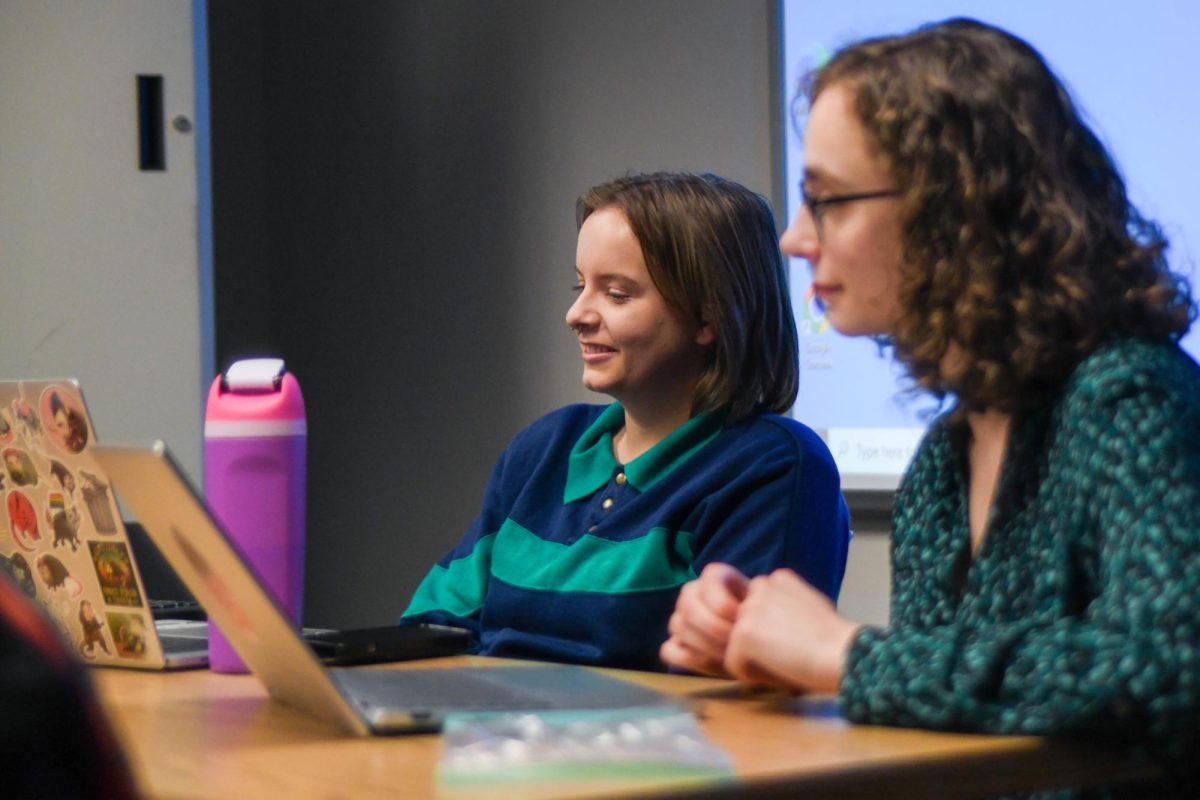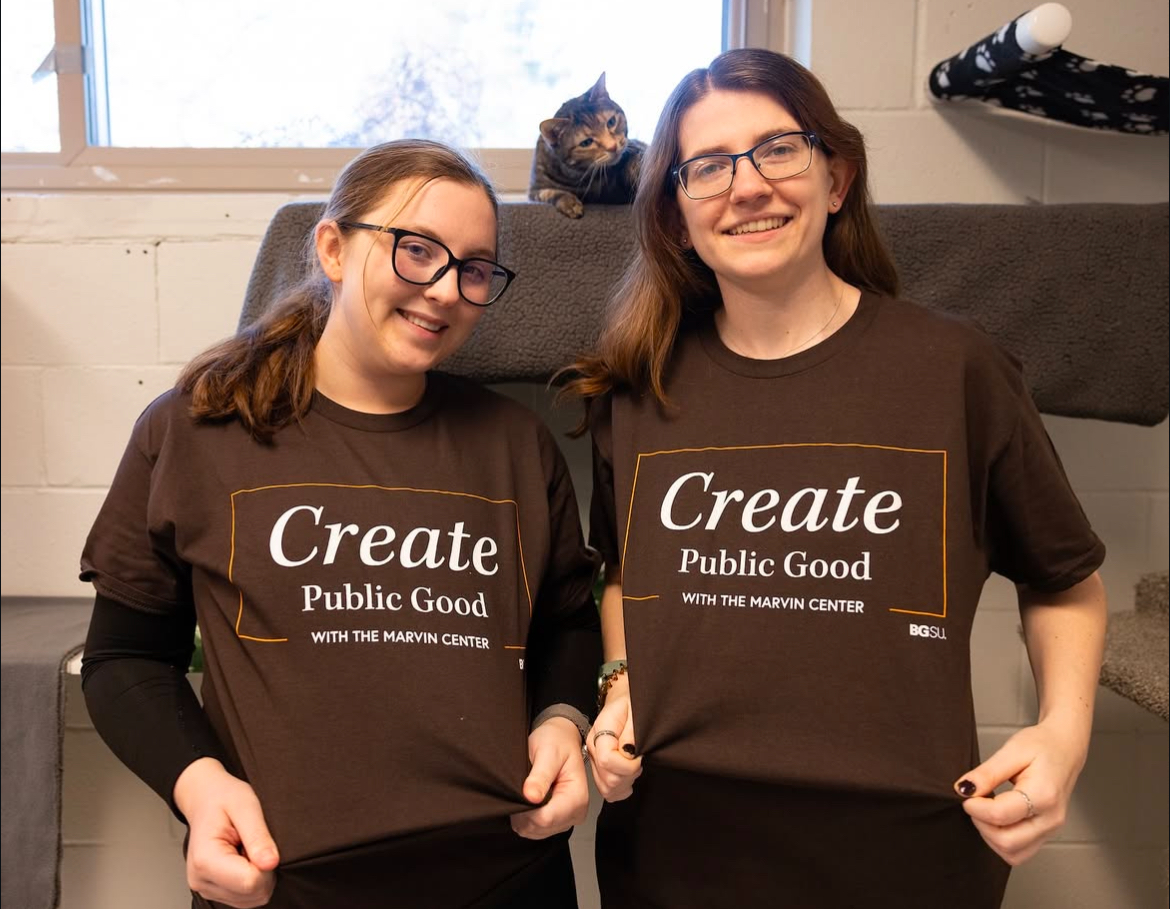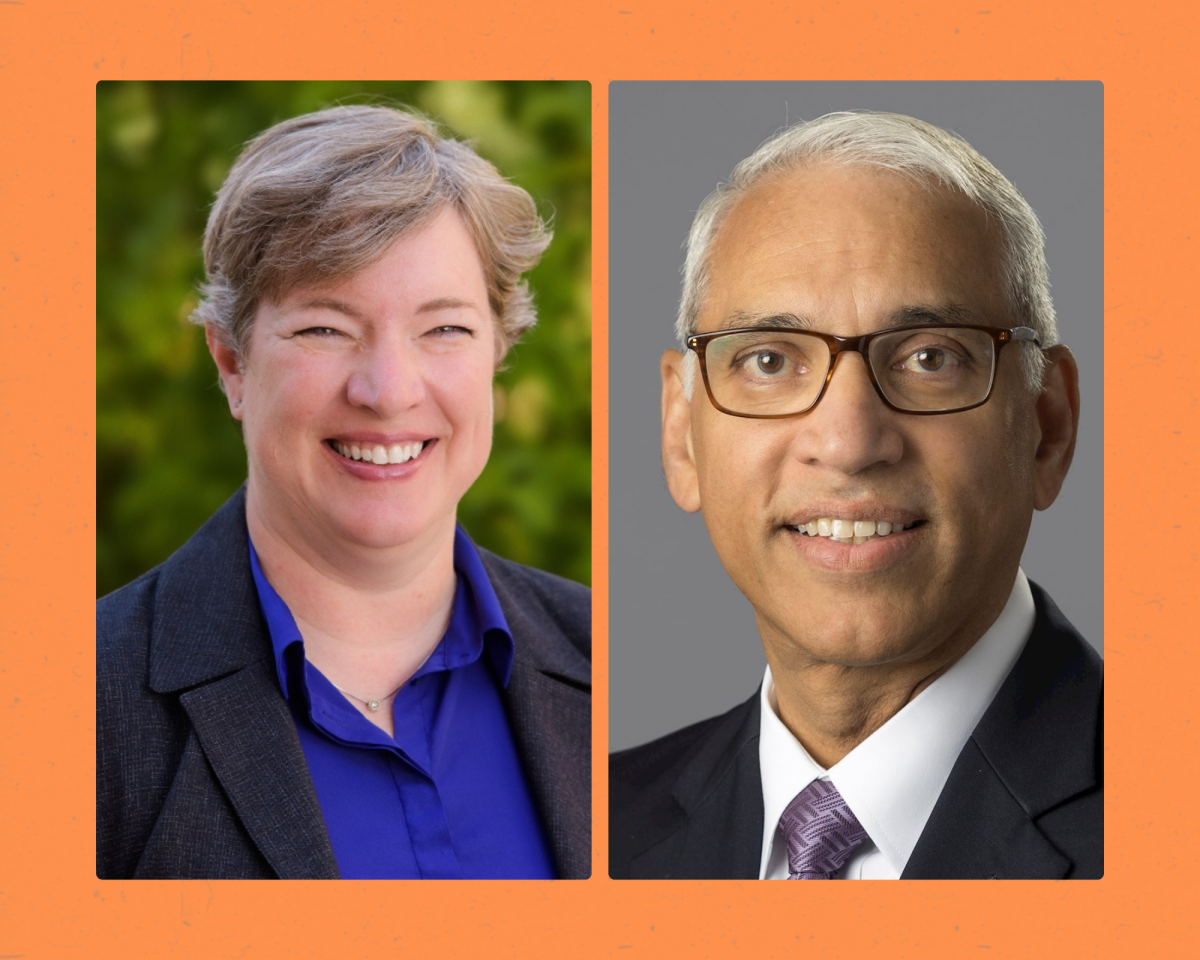The University hosted the State of the State Conference on Thursday, exploring social justice and race issues that affect the United States.
The conference featured dozens of speakers with topics ranging from Lesbian, Gay, Bisexual and Transgender issues to religious tolerance.
One of the speakers was Tameka Taylor, co-owner of Compass Consulting Services, LLC.
Taylor talked about micromessaging, which is a subtle pattern in speech and nonverbal communication that affects both personal and professional relationships.
“Micromessages are those messages that become the central themes or threads within conversations,” Taylor said. “In a lot of cases it tells us where we stand with that particular person in that particular relationship.”
Some of the examples of negative micromessaging Taylor mentioned were things such as reading emails while talking to someone and ignoring someone’s presence.
To break up the day’s events, a luncheon took place in the Union Ballroom.
During the luncheon, the 2013 Reverend Fred L. Shuttlesworth humanitarian award was given to Dafina Lazarus Stewart, an associate professor at the University.
Stewart has fought for social justice and has passed two anti-racism ordinances in Bowling Green.
Tim Wise, an anti-racism writer who’s given presentations in all 50 states, was the keynote speaker of the conference. During his speech, the Union Ballroom was filled with both faculty and students.
“I’m especially heartened by any crowd this size that is willing to hear about and to discuss … matters of race and racial equity,” Wise said during his speech.
Wise spoke about ways people avoid discussing race, such as “dancing around” issues of race, and not discussing it for fear of making the issue worse.
“In so many ways every impulse of our culture is trying desperately to convince us that we need not have these kinds of conversations and that to have them is in fact the reasons that the problems exist,” he said.
Wise rejected this notion and used an analogy to discredit this argument.
“Are you afraid of crime? I’m afraid of crime. I’ve been held up at gunpoint. It’s not fun,” Wise said. “Good God don’t talk about crime … if you just wouldn’t talk about it the problem would resolve itself … why didn’t we think of that? Because it’s stupid … that’s why we didn’t think of that.”
He argues we should embrace our differences and our race. To be what we are has meaning, Wise said
Graduate student Purvi Patel said Wise was her favorite speaker of the conference. She came to the conference to see renowned speakers and found Wise to be a dynamic voice.
“He delivers with a sense of humor that’s really engaging,” she said.
Michelle Alexander, an Ohio State University faculty member, gave the closing speech.
Alexander compared mass incarceration to being today’s Jim Crow.
“There are more African American adults in prison or jail, on probation or parole, than were enslaved in 1850,” she said.
Alexander attributes this mass incarceration to the War on Drugs, which she claims has largely targeted minorities rather than whites living in suburbs.
Graduate student Andrea Guice said she came to the conference because she was interested in diversity and social justice.
Guice was interested to see Alexander because she had read her book.
“After hearing her [Alexander] talk, she’ll probably be my favorite speaker,” she said.


